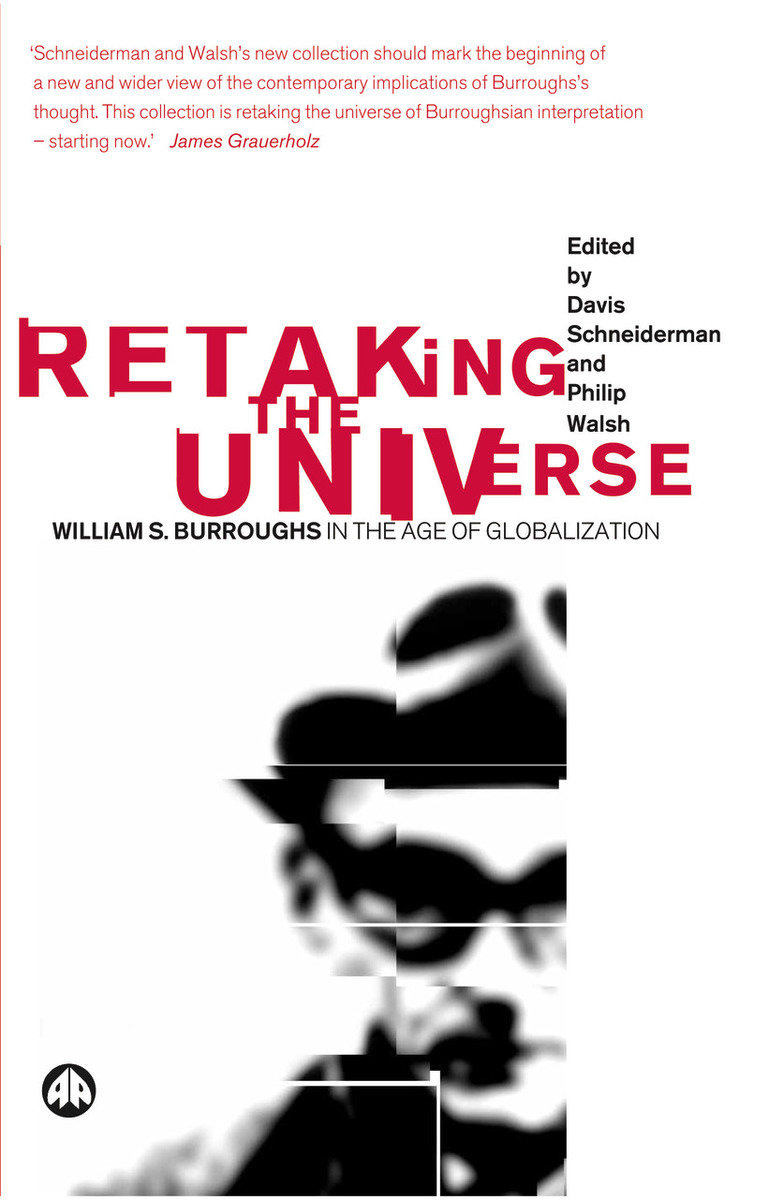William S. Burroughs is one of America's most influential and widely studied writers. A leading member of the Beat movement, his books and essays continue to attract a wide readership. His films, paintings, recordings and other projects that grew out of his literary production, together with his iconic persona as a counter-culture (anti-)hero, mean his work has become a broad cultural phenomenon.
This collection of essays by leading scholars offers an interdisciplinary consideration of Burroughs's art. It links his lived experience to his many major prose works written from 1953 on, as well his sound, cinema and media projects. Moving beyond the merely literary, the contributors argue for the continuing social and political relevance of Burroughs's work for the emerging global order.
Themes include: Burroughs and contemporary theory; debates on 'reality'; violence; magic and mysticism; cybernetic cultures; language and technology; control and transformation; transgression and addiction; the limits of prose; image politics and the avant-garde.


